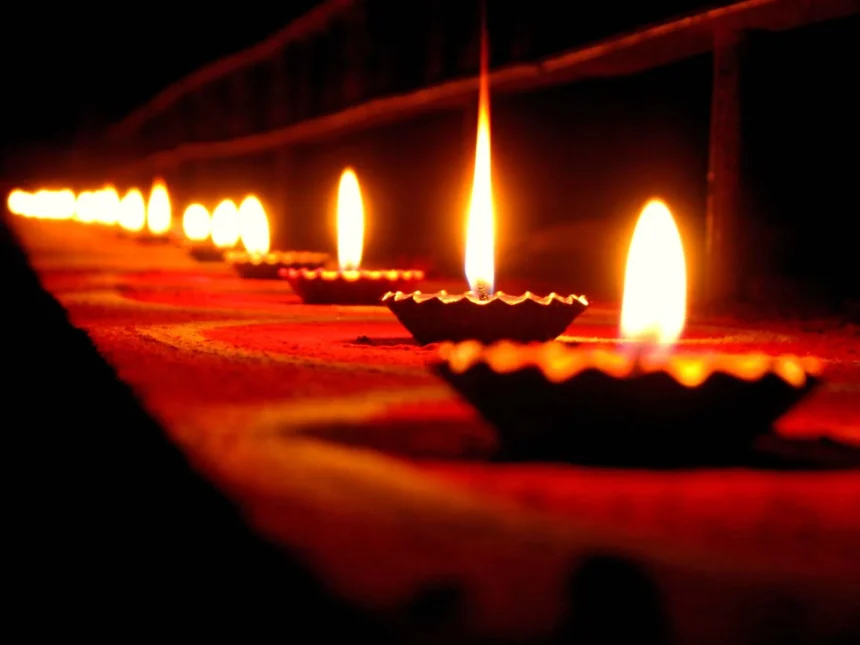Explore the rich cultural traditions and customs of Diwali, a Festival of Lights and Joy.
In the grand tapestry of cultural celebrations around the world, Diwali shines as one of the most radiant and significant festivals. Known as the “Festival of Lights,” Diwali, or Deepavali, transcends boundaries and unites people from various walks of life in a harmonious celebration that holds profound significance. This article explores the rich cultural, historical, and spiritual dimensions of Diwali, helping you gain a deeper understanding of this vibrant festival.
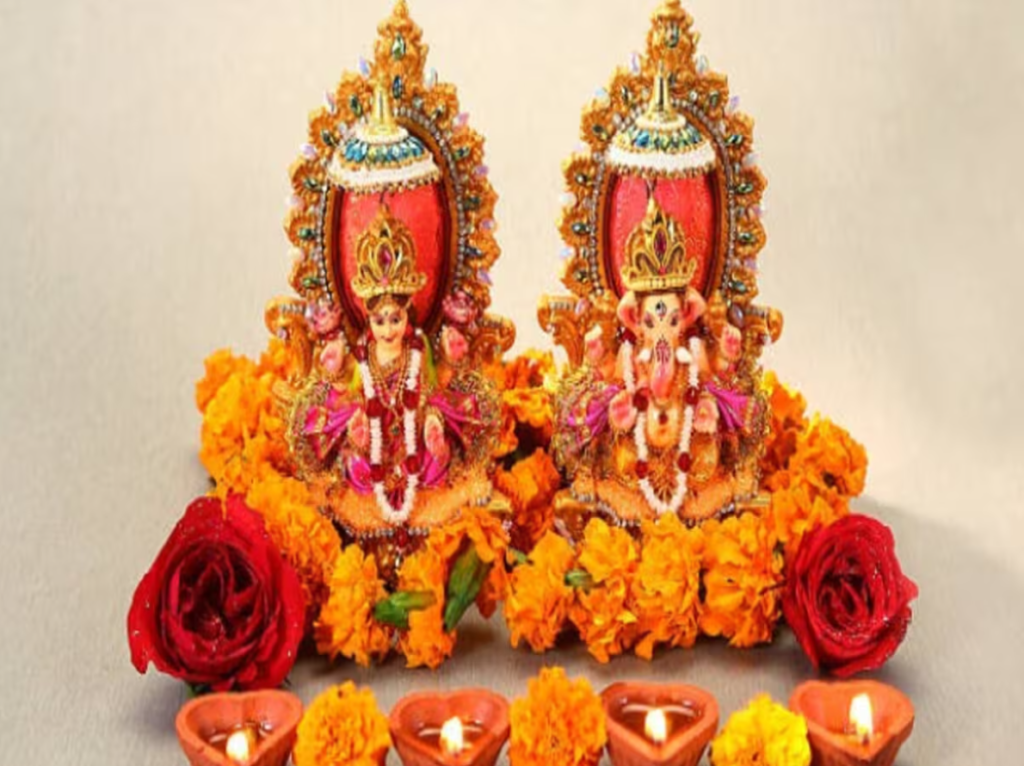
ALSO READ: Karwa Chauth: The Significance And History Of Karwa Chauth
The Origins of Diwali
Ancient Roots
Diwali, deeply rooted in Hindu mythology, has a history that spans thousands of years. Its origins can be traced back to the ancient Indian epic, the Ramayana. The festival is celebrated to commemorate the return of Lord Rama, his wife Sita, and his loyal brother Lakshmana to the kingdom of Ayodhya after defeating the demon king Ravana. As they returned, the people of Ayodhya illuminated the entire kingdom with oil lamps to welcome them, marking the beginning of the tradition of lighting lamps during Diwali.
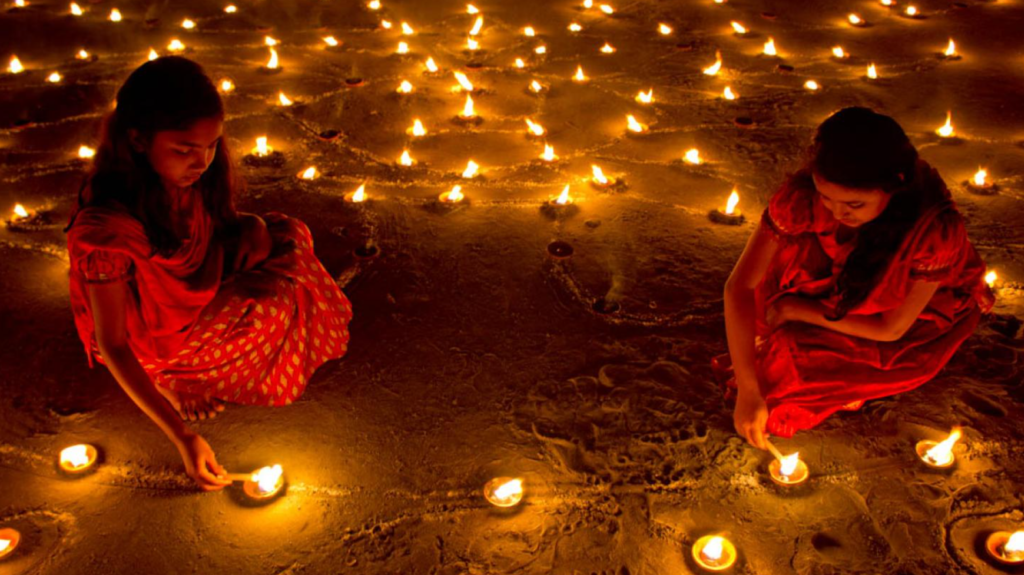
Diversity of Beliefs
While Diwali is primarily a Hindu festival, it is celebrated by people from various faiths and cultures. For Jains, Diwali marks the spiritual ascension of Lord Mahavira, the founder of Jainism, to the heavenly realm. Sikhs celebrate Diwali as Bandi Chhor Divas, signifying the release of Guru Hargobind Ji from imprisonment. This diversity of beliefs adds to the festival’s significance, making it an inclusive celebration of light and goodness.
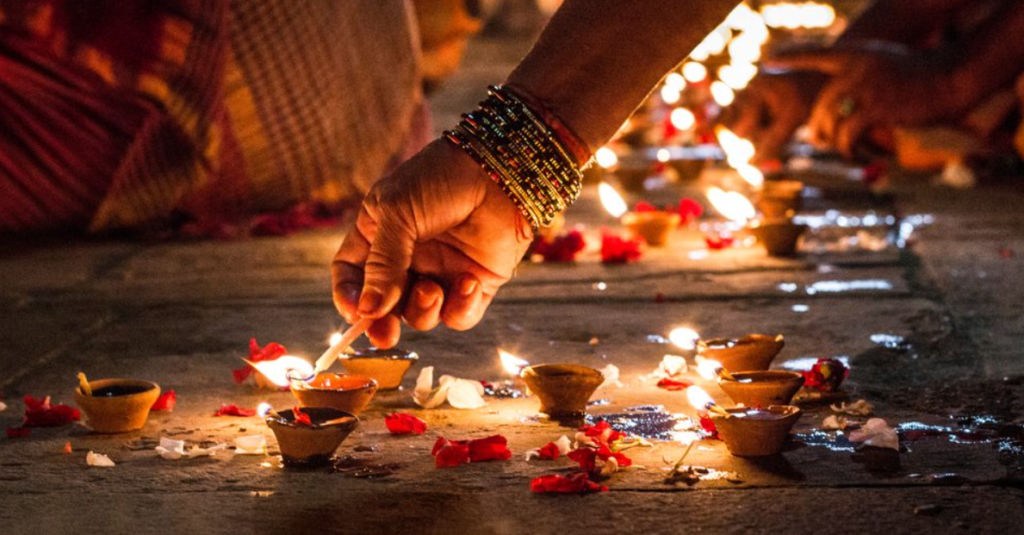
The Celebration of light
Illuminating Darkness
One of the most enchanting aspects of Diwali is the mesmerizing display of light. People decorate their homes with colorful earthen lamps, known as diyas, and adorn their surroundings with vibrant lanterns and fairy lights. The illumination is symbolic of the victory of light over darkness and the triumph of good over evil.
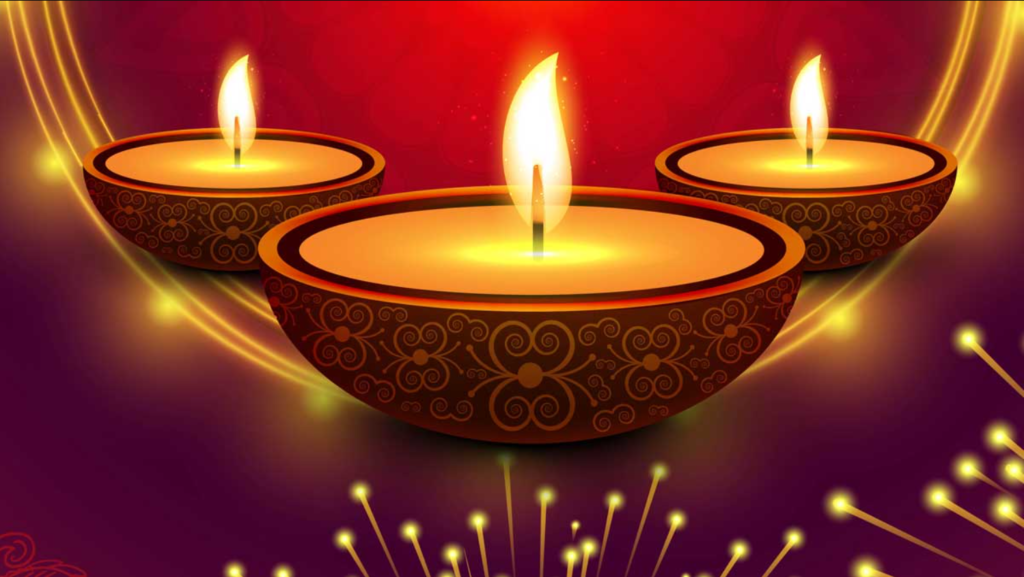
Burst of Fireworks
Diwali is also known for its spectacular fireworks displays. These fireworks not only add to the visual splendor but also symbolize the joy and enthusiasm of people celebrating the festival. The night sky lights up with dazzling colors, creating a breathtaking spectacle that captivates people of all ages.
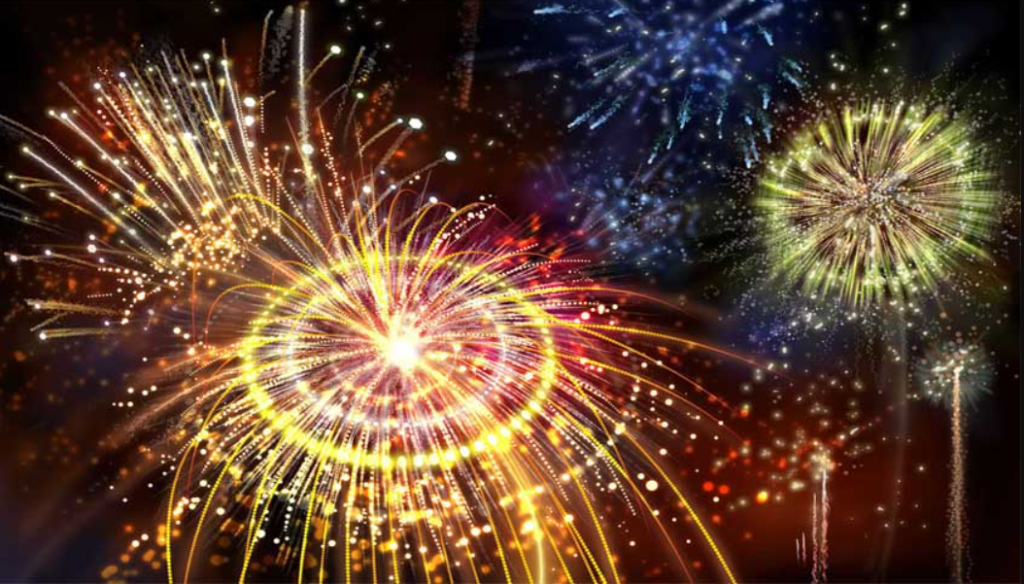
Traditions and Customs
Rangoli Art
During Diwali, the courtyards of homes are adorned with intricate and vibrant rangoli designs. Rangoli is a traditional art form where colorful patterns and motifs are created using materials like colored rice, dry flour, flower petals, or colored sand. It is not only an expression of creativity but also believed to bring good luck and ward off evil.
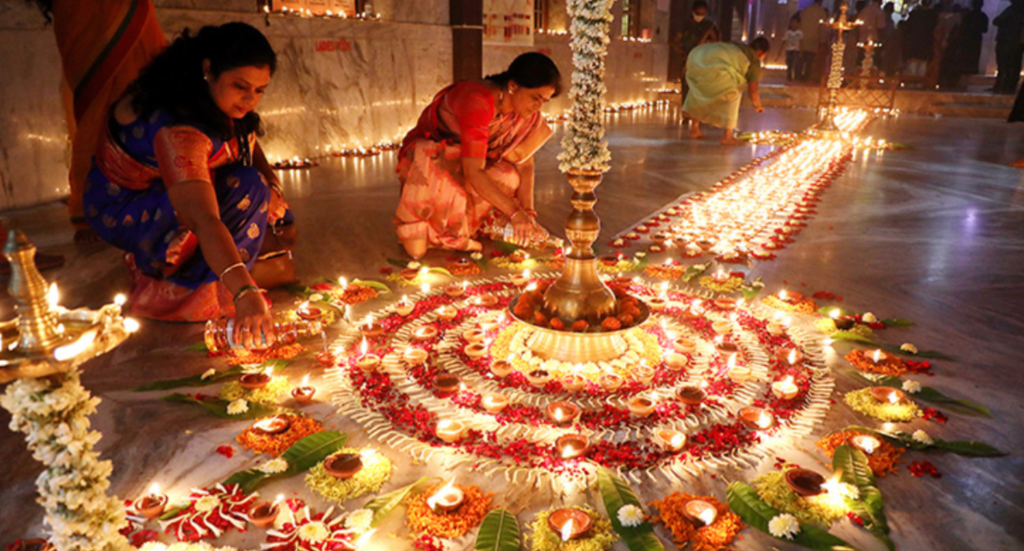
ALSO READ: Elevate Your Home Mandir: Creative DIY Decoration Ideas
Exchanging Gifts
The exchange of gifts is a heartwarming tradition during Diwali. Families and friends come together to share sweets, gifts, and good wishes. This gesture fosters love, unity, and a sense of togetherness among people.
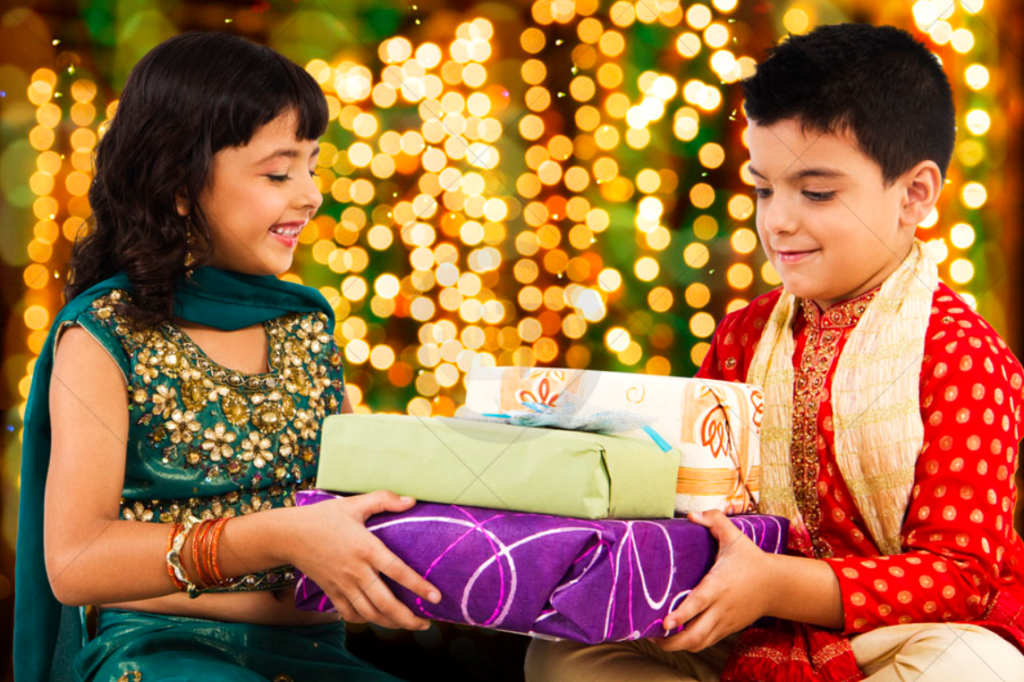
The Spiritual Significance
Worship and Rituals
Diwali holds immense spiritual significance. For Hindus, it is a time of worship, with prayers offered to the goddess of wealth, Lakshmi, and the elephant-headed god, Ganesh. Temples are adorned with colorful decorations, and special pujas (prayer ceremonies) are conducted.
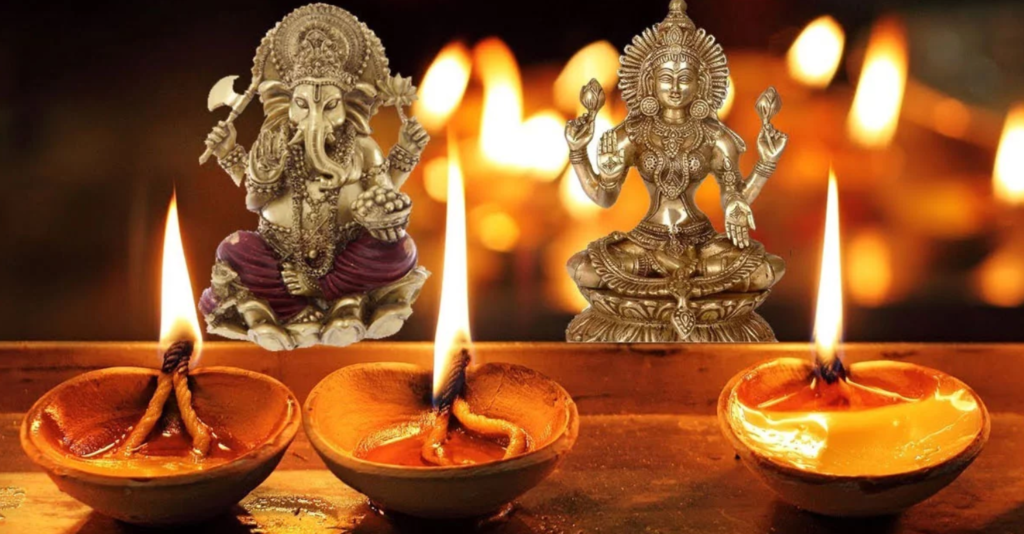
Inner Illumination
Beyond the external celebrations, Diwali encourages individuals to seek inner illumination. It symbolizes the victory of self-discipline over the darkness of ignorance and represents a fresh start. People use this time to reflect on their lives, make resolutions, and embark on a journey of self-improvement.

The Global Impact
Diwali Around the World
The significance and charm of Diwali have transcended borders. Today, Diwali is celebrated with great fervor and enthusiasm not only in India but also in many other countries, including the United States, the United Kingdom, Canada, Australia, and more. The festival’s universal appeal has made it a cherished cultural event worldwide.
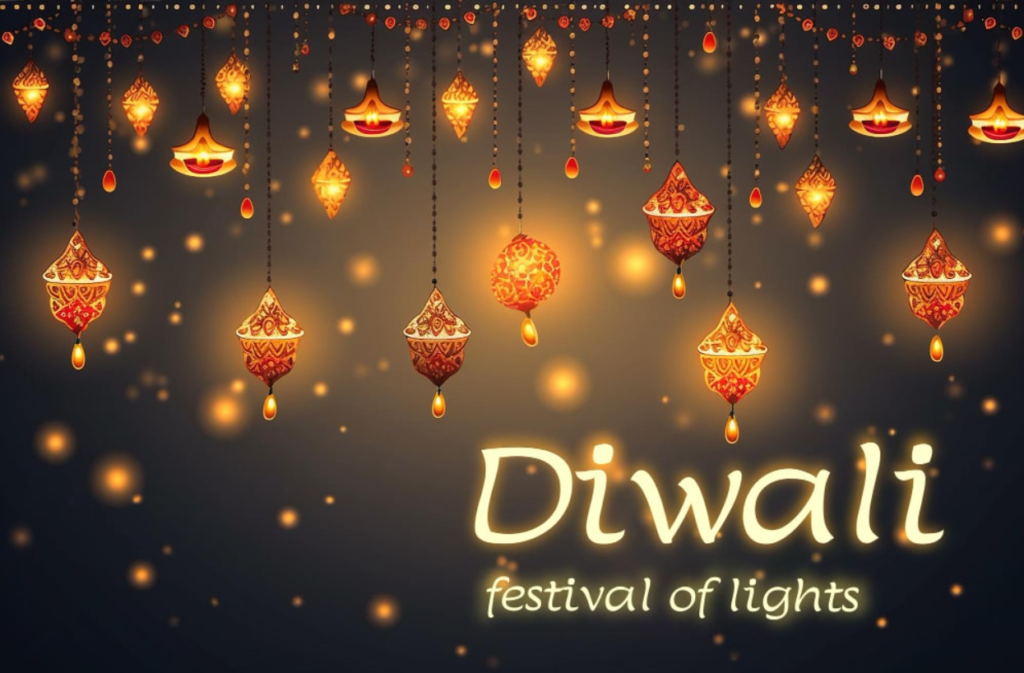
Diwali in Modern Times
In the digital age, Diwali’s significance has expanded to encompass online celebrations and e-commerce. The festival is a major shopping season, and businesses offer special deals and discounts. It has become an economic catalyst, boosting retail and online sales.
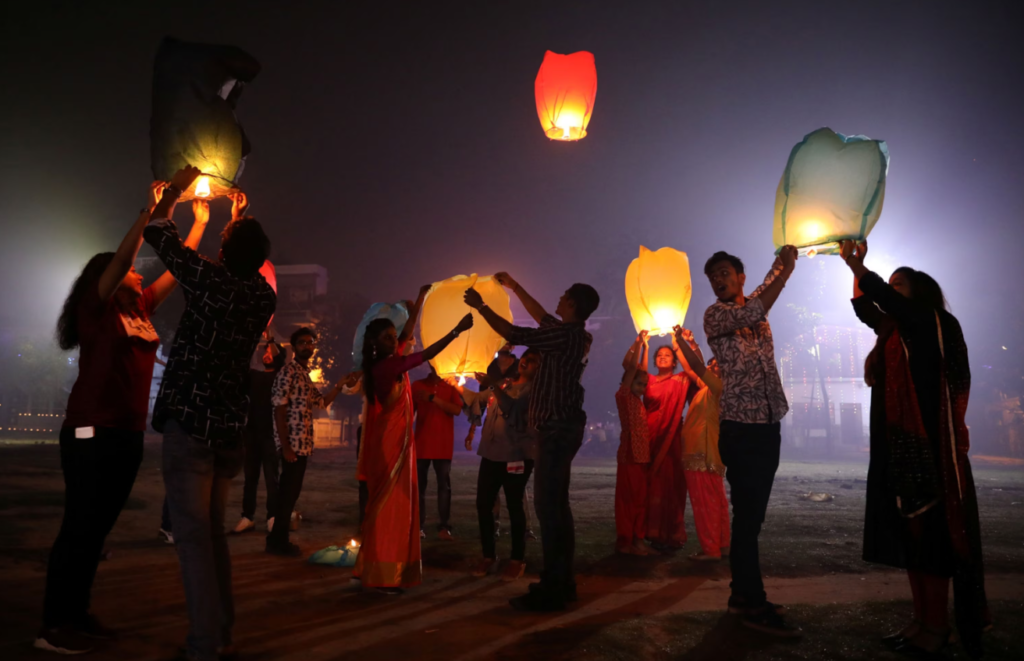
Diwali, the Festival of Lights, is a celebration that transcends cultural and religious boundaries, bringing people together in the spirit of joy and unity. Its rich history, vibrant traditions, and profound spiritual significance make it a festival of great importance. As the lamps are lit, fireworks illuminate the skies, and people exchange love and warmth, Diwali continues to shine as a symbol of hope and the triumph of light over darkness.
Click here, to check HNN’s latest post.
ALSO READ: The Splendid Art Of Temple Decoration During Durga Puja
Image Source: Google







